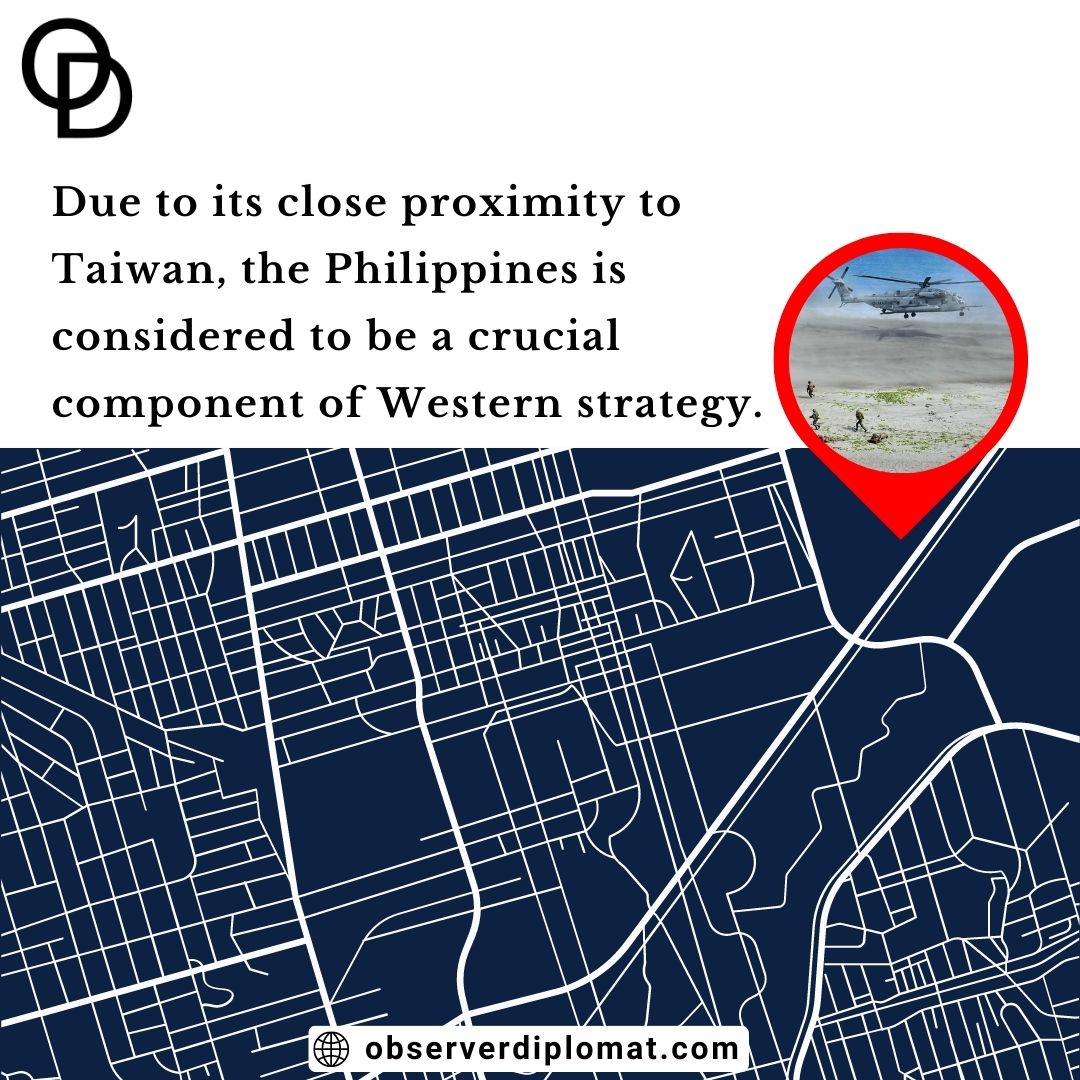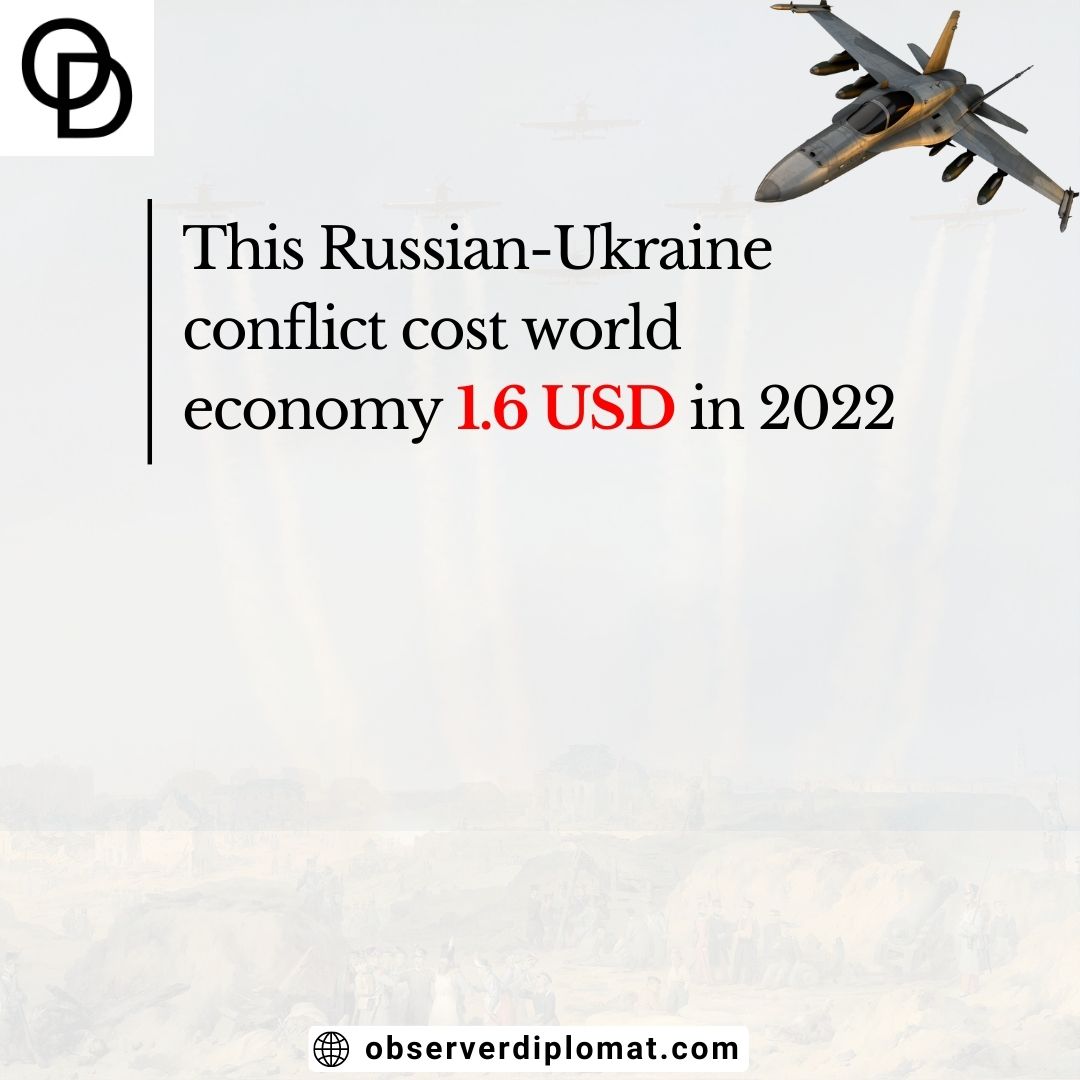Among the ways in which Asian geopolitics is restructuring, Philippines prove to be an area of new focus. As the face-off between China and America grows worst, officials in Washington say the Philippines has become even more prominent in their security debates than any other country in Asia.
The people of this country is not rich, spends little on defence but due to Taiwan being on its doorstep, its location and long-standing ties to America have made the country central to Western strategy. Also, the Philippines would have to make difficult choices during a Taiwan-China conflict that could pit its growing interest in Chinese investment against its long-term relationship with its treaty ally, the United States, according to analysts. Also, they believe that Manila might also find itself drawn into a conflict, whether it chooses to or not, due to the country’s proximity to Taiwan.
Because of its geography, U.S. allies may approach the Philippines’ remote islands as listening stations or might seek to rotate military personnel and ships through the Philippines by virtue of its 1998 Visiting Forces Agreement and 2014 Enhanced Cooperation Agreement with Manila.
As China has radically changed the status of forces in the South China Sea, which means the U.S. and Japan can’t control the southern end of the Taiwan Strait. What they can do is monitor and try to disallow in the northern half, which makes the Philippines, again, all the more important.
Philippines’ Ambassador to the U.S. Jose Manuel Romualdez recently said in an interview that Manila might allow the presence of U.S. troops in the Philippines during a conflict if it is important for us, for our own security. However, he also called for more dialogue between China and the United States.
Now as the United States and the Philippines are continuing to negotiate their military and security ties, Manila is gaining a more equal footing with the U.S., which often used to treat it like a junior partner. However, Manila may in turn find it harder to stay neutral in conflicts like Taiwan-China when it has more responsibilities toward the U.S.
















